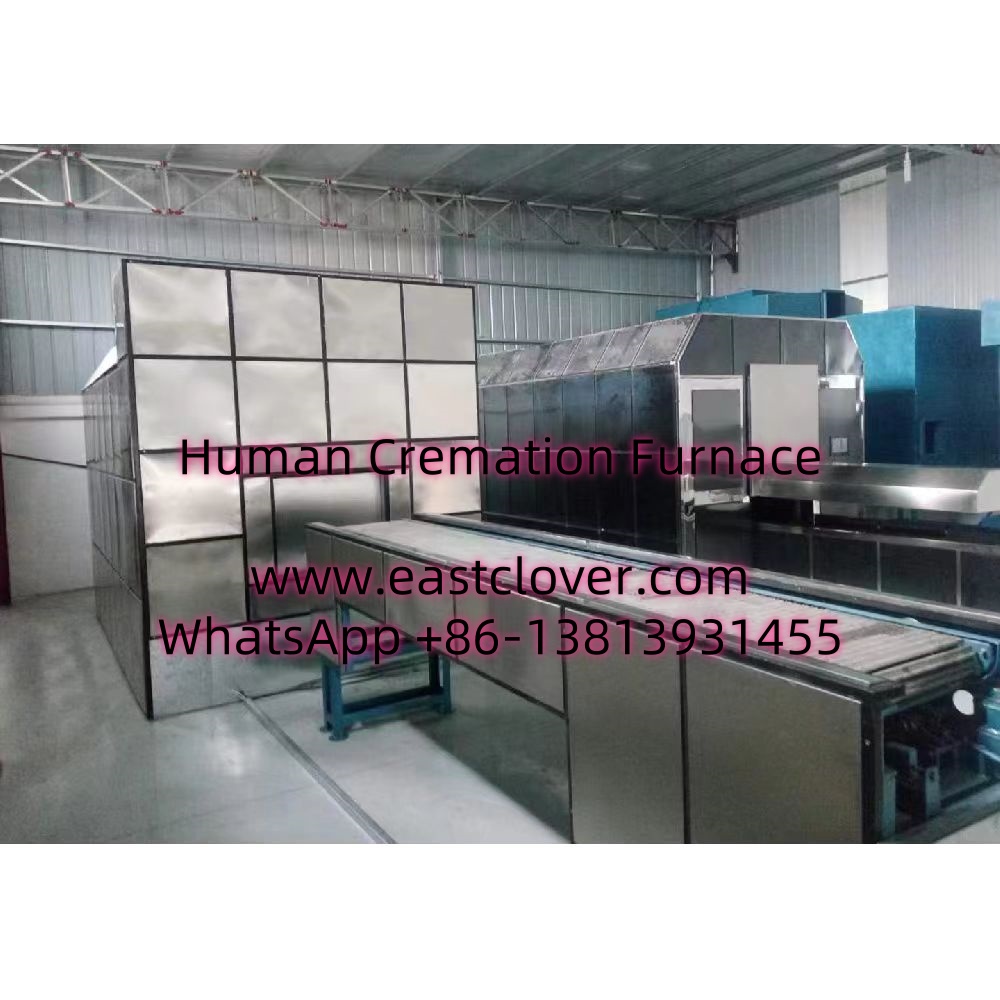Mobile Cremation Furnace Turnkey Solutions
The funeral service industry is undergoing a transformative shift with the advent of mobile cremation furnace turnkey solutions. These innovative systems are redefining accessibility, efficiency, and sustainability in end-of-life services. Unlike traditional crematories, which require permanent infrastructure, mobile cremation furnaces are self-contained units that can be transported to any location, offering unparalleled flexibility. This news explores the mechanics, benefits, and applications of these systems, alongside their role in meeting evolving societal needs.
What Are Mobile Cremation Furnace Turnkey Solutions?
A mobile cremation furnace turnkey solution is a fully integrated system designed to perform cremations on-site, wherever needed. It comprises several key components:
- Cremation Furnace: A compact, high-temperature incinerator capable of reaching 1,600–2,000°F (870–1,100°C), fueled by propane, natural gas, or electricity.
- Emissions Control: Advanced filters, scrubbers, and monitoring systems to minimize particulate matter and harmful gases, ensuring compliance with environmental regulations.
- Mobility: Mounted on trailers or trucks for easy transportation, often with hydraulic systems for setup and operation.
- Automation: Computerized controls for temperature regulation, cycle timing, and safety protocols.
- Support Services: Training, maintenance, and regulatory assistance as part of the turnkey package.
These systems are “ready to use,” requiring minimal setup upon arrival. Providers typically handle permits, transportation, and operational training, making them ideal for funeral homes, governments, and disaster response teams.
How Mobile Cremation is Analysis End-of-Life Services
1. Accessibility in Underserved Areas
Rural and remote communities often lack access to crematories due to high infrastructure costs. Mobile units eliminate this barrier, enabling families to honor loved ones locally without long-distance transportation of remains.
2. Disaster Response and Mass Fatality Management
During pandemics, natural disasters, or conflicts, mobile crematories provide rapid deployment to manage surges in fatalities. For instance, they were critical during the COVID-19 pandemic in hotspots like India and New York.
3. Cost-Effectiveness for Small Funeral Homes
Traditional crematories require significant capital and ongoing costs. Mobile systems offer a lower upfront investment and scalable operations, democratizing access for smaller businesses.
4. Sustainability and Reduced Carbon Footprint
Modern units prioritize eco-efficiency through features like energy recovery systems and emission controls, aligning with the growing demand for green funeral practices.
5. Cultural and Religious Adaptability
Mobile crematories accommodate diverse rituals, such as open-air ceremonies in Hinduism or quiet family gatherings, providing cultural sensitivity that fixed facilities may lack.
Implementing a Mobile Cremation Turnkey Solution: Key Considerations
- Regulatory Compliance: Emissions standards, health codes, and transportation permits vary by region. Turnkey providers often assist with legal requirements.
- Public Perception: Education is vital to address concerns about safety and dignity. Transparent communication about emissions controls and processes builds trust.
- Logistical Planning: Route planning for oversized vehicles, fuel availability, and site preparation (e.g., level ground, power access) are critical for seamless operations.
- Maintenance and Training: Regular servicing of filters and combustion systems ensures longevity. Operators must be trained in safety protocols and emergency procedures.
Case Studies: Mobile Cremation in Action
Disaster Relief in the Philippines
After Typhoon Haiyan (2013), mobile units were deployed to manage remains efficiently, preventing public health crises and enabling faster recovery.
Rural Canada’s Indigenous Communities
First Nations in remote regions use mobile crematories to preserve traditional burial practices without relocating bodies to distant urban centers.
Eco-Conscious Urban Centers
Cities like San Francisco and Amsterdam employ mobile units to reduce funeral-related emissions, supporting municipal sustainability goals.
www.southclover.com
Mobile cremation furnace turnkey solutions represent a paradigm shift in end-of-life care, blending flexibility, sustainability, and inclusivity. By addressing gaps in accessibility, cost, and environmental impact, they empower communities to manage death care with dignity and efficiency. As demand grows for personalized and eco-friendly services, these systems will play an increasingly vital role in global funeral practices.
Frequently Asked Questions (FAQs)
How long does a mobile cremation process take?
A typical cycle lasts 2–3 hours, depending on body weight and furnace specifications.
Are emissions from mobile units safe?
Yes. Advanced scrubbers and filters reduce pollutants to levels compliant with EPA and EU standards.
Can mobile crematories handle multiple bodies per day?
Most units process 1–2 bodies daily, though high-capacity models can manage more.
What is the average cost of a mobile cremation system?
Prices range from $150,000 to $500,000, depending on size and features.
How do mobile units ensure privacy during ceremonies?
Units can be positioned in secluded areas, and noise-reduction technology maintains solemnity.
Are mobile crematories legally recognized everywhere?
Laws vary by jurisdiction. Turnkey providers often guide clients through local compliance.

Comments are closed